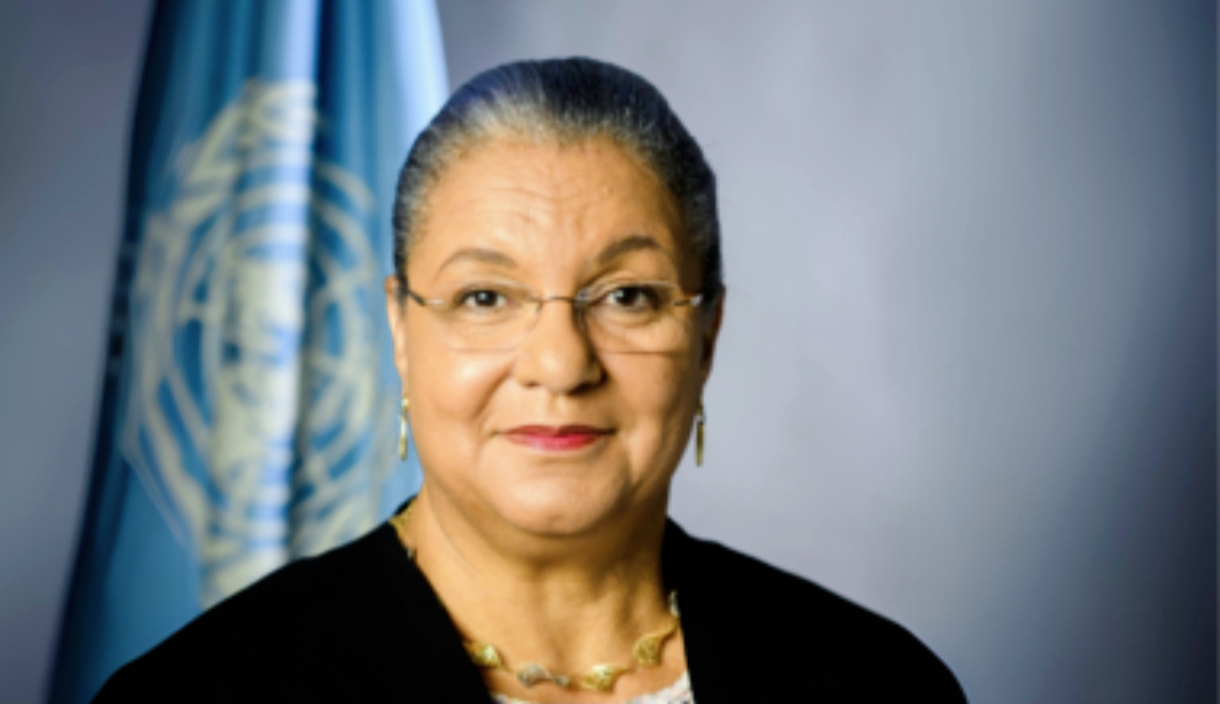In a significant development reflecting escalating tensions, authorities in eastern Libya demanded the immediate departure of the UN mission from the country and imposed strict restrictions, accusing it of lack of neutrality and bias towards the Tripoli authorities, posing a major obstacle to the United Nations' efforts to end the ongoing Libyan crisis.
The escalation came after the UN envoy to Libya, Hanna Tetteh, criticized the Libyan parliament's decision to allocate 69 billion dinars to the Development and Reconstruction Fund overseen by the son of Marshal Khalifa Haftar, warning of its repercussions on inflation and the value of the dinar.
A step that the parliament-appointed government considered a blatant interference in its powers and a violation of national sovereignty.
In a direct response, the government of Osama Hamad in the east decided to restrict the movements of the UN mission and international missions within its areas of influence, requiring prior coordination with the Ministry of Foreign Affairs for any diplomatic activity, effectively restricting the mission's work in the east, center, and south.
The tension follows a strained relationship between the UN mission and the Libyan street, especially after protesters stormed its headquarters in Tripoli, protesting what they described as its failure to provide a political solution.
Observers believe that this move will hinder the roadmap that Tetteh intends to propose soon, especially as it includes a plan to select new leadership and form a unified government.
It is expected that the United Nations' efforts, aimed at pushing for a comprehensive political process in Libya, will face further obstacles amid this new crisis with the eastern region.

